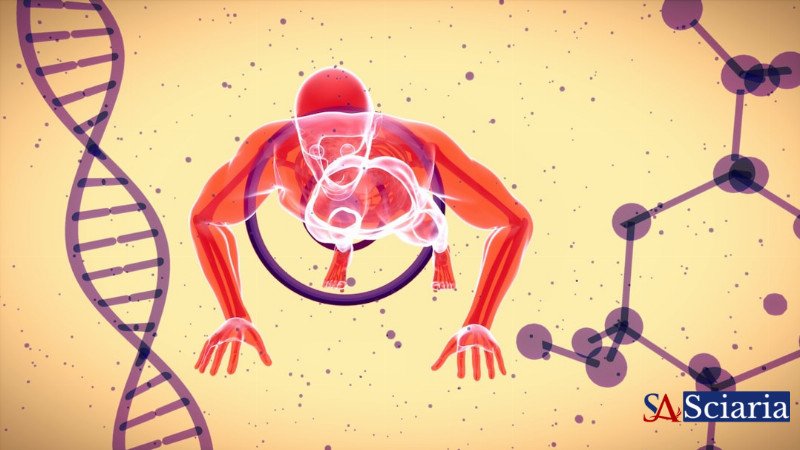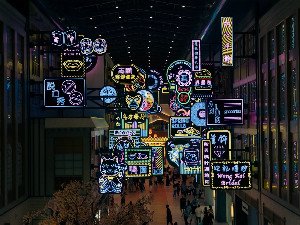Life's Grand Algorithm: Is Biology a Program We Can Decode?
- Sciaria
- Biology
- Oct 05, 2025
- 0 Comments

From the intricate dance of molecules within a single cell to the complex ecosystems thriving across our planet, life is a symphony of highly organized processes. It's a system so sophisticated that scientists, particularly those from a computational background, often ask: Is biology essentially a program? Is life, at its core, a grand algorithm?
This intriguing question draws powerful parallels between the digital world and the biological one. At the heart of this analogy lies DNA – often referred to as the 'source code' of life. Each gene, a segment of DNA, acts like a specific instruction set, a subroutine that dictates the production of proteins. These proteins are the 'executables,' performing countless functions from building cellular structures to catalyzing metabolic reactions. Cellular processes, like growth, differentiation, and energy production, can be viewed as sequences of operations, intricate algorithms running ceaselessly, ensuring the organism's survival and reproduction. Think of how a cell meticulously divides, or how an embryo develops from a single cell into a complex organism; these are choreographed sequences, step-by-step instructions executed with breathtaking precision.
But the 'biological program' isn't static. It possesses an extraordinary capacity for self-repair, adaptation, and evolution. If DNA is the code, then mutation is a 'bug' or perhaps a 'feature update,' and natural selection acts as the ultimate debugging and optimization algorithm, constantly refining the code over generations. This iterative process allows species to adapt to changing environments, demonstrating a powerful form of 'machine learning' long before computers even existed. From bacteria developing antibiotic resistance to humans evolving enhanced cognitive abilities, life continuously rewrites and refines its own software.
While the metaphor of biology as a program offers incredibly powerful insights and a framework for understanding complex biological systems, it's crucial to acknowledge its limitations. Life isn't merely a deterministic machine following fixed instructions; it's a dynamic, emergent system deeply intertwined with its environment, exhibiting plasticity and a degree of unpredictability. However, by viewing life through the lens of algorithms and code, we gain new tools and perspectives to unravel its mysteries. This interdisciplinary approach has given rise to fields like bioinformatics and systems biology, where computational models help us simulate, predict, and ultimately understand the complex programmatic logic that underpins all life.
So, while the answer to whether biology is 'just' a program might be nuanced, the analogy itself serves as a profound intellectual bridge. It helps us appreciate the astonishing elegance and efficiency of biological design, encouraging us to look for the 'logic gates' and 'feedback loops' that govern everything from a virus's replication to the intricate workings of the human brain. Decoding life's grand algorithm remains one of humanity's most exciting and ongoing scientific adventures.
Comments (0)
Rate This Blog
Top Blogs by Rating
Bending Light, Shaping Reality...
By Sciaria
Goodbye Chargers: The Rise of...
By Sciaria
'Um' Isn't Just a Stumble: Wha...
By Sciaria
Favorite Blog
Goodbye Chargers: The Rise of...
By Sciaria
Big Data's Echo Chamber: The U...
By Sciaria
Electro-Pulse: Unveiling the U...
By Sciaria
Related Research
Legal protection of msmes in the digital technology era in makassar city: facing recession
Design and implementation of a vision-based wheeled mobile robot using hsv color segmentation and p-d control
The portuguese diaspora in jersey
Share
Notice Board
- AN ANALYSIS OF MANDARIN IMPERATIVE SENTENCES IN THE DRAMA 'THE UNTAMED' EPISODE 1 BY MO XIANG TONG XIU
- THE POSITIVE IMPACT OF TELEGRAM BOT USAGE ON SUPPORTING STUDENTS' LEARNING PROCESSES AND OUTCOMES DURING ON-THE-JOB TRAINING
- RESEñA DE LAURIA, DANIELA. 2022. LENGUA Y POLíTICA. HISTORIA CRíTICA DE LOS DICCIONARIOS DEL ESPAñOL DE LA ARGENTINA. BUENOS AIRES (ARGENTINA): EDITORIAL UNIVERSITARIA DE BUENOS AIRES (EUDEBA).




